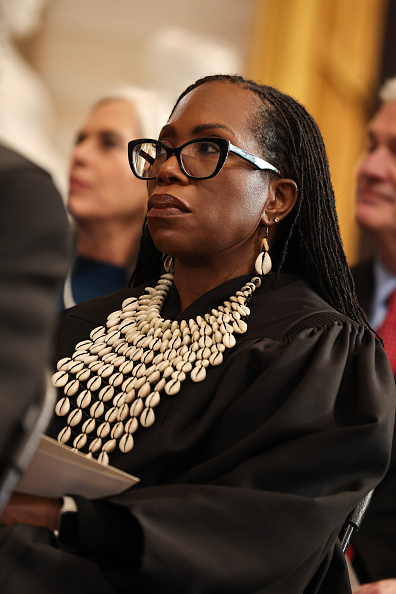Jones Day and local counsel flub redactions in court filing, leading to show-cause order

Image from Shutterstock.com.
A federal court document filed by Jones Day and local counsel Gentry Locke appeared to contain many redactions to protect grand jury information in a criminal case against their pharmaceutical client.
But Law360 discovered that the redactions could be read by cutting and pasting the blacked-out sections into a new document. That led U.S. Magistrate Judge Pamela Meade Sargent to order the law firms on Wednesday to show cause why they shouldn’t be sanctioned for the error, Law360 reports.
The faulty redactions described grand jury testimony and said four grand juries had heard testimony from 79 witnesses before returning an indictment against the pharmaceutical client. The document, a reply memo supporting dismissal of the indictment, was filed in federal court in the Western District of Virginia on Monday.
The law firms’ client is Indivior, a U.K.-based addiction-treatment company that makes an under-the-tongue form of the opioid dependence drug Suboxone. The indictment claims the company falsely promoted Suboxone as more childproof and less addictive than tablets, Law360 reports in a later story.
Lawyers who weren’t involved in the case told Law360 that the law firms are unlikely to face sanctions if they can explain how the error occurred.
It’s not the first redaction error to play out in the press. A January court filing by lawyers for President Donald Trump campaign chair Paul Manafort also failed to properly redact information.
See also:
ABA Journal: “How to redact a PDF and protect your clients”
Write a letter to the editor, share a story tip or update, or report an error.


